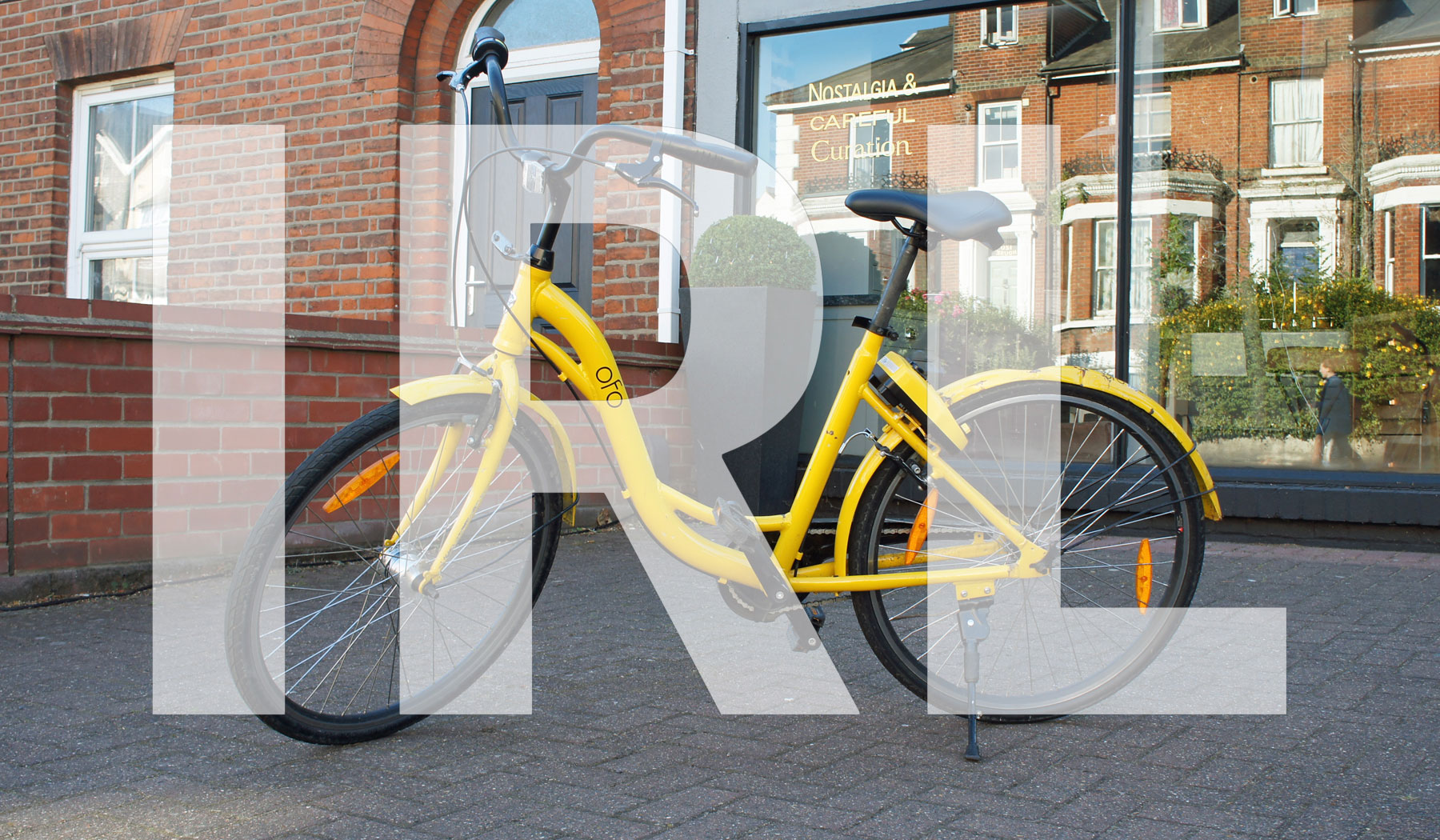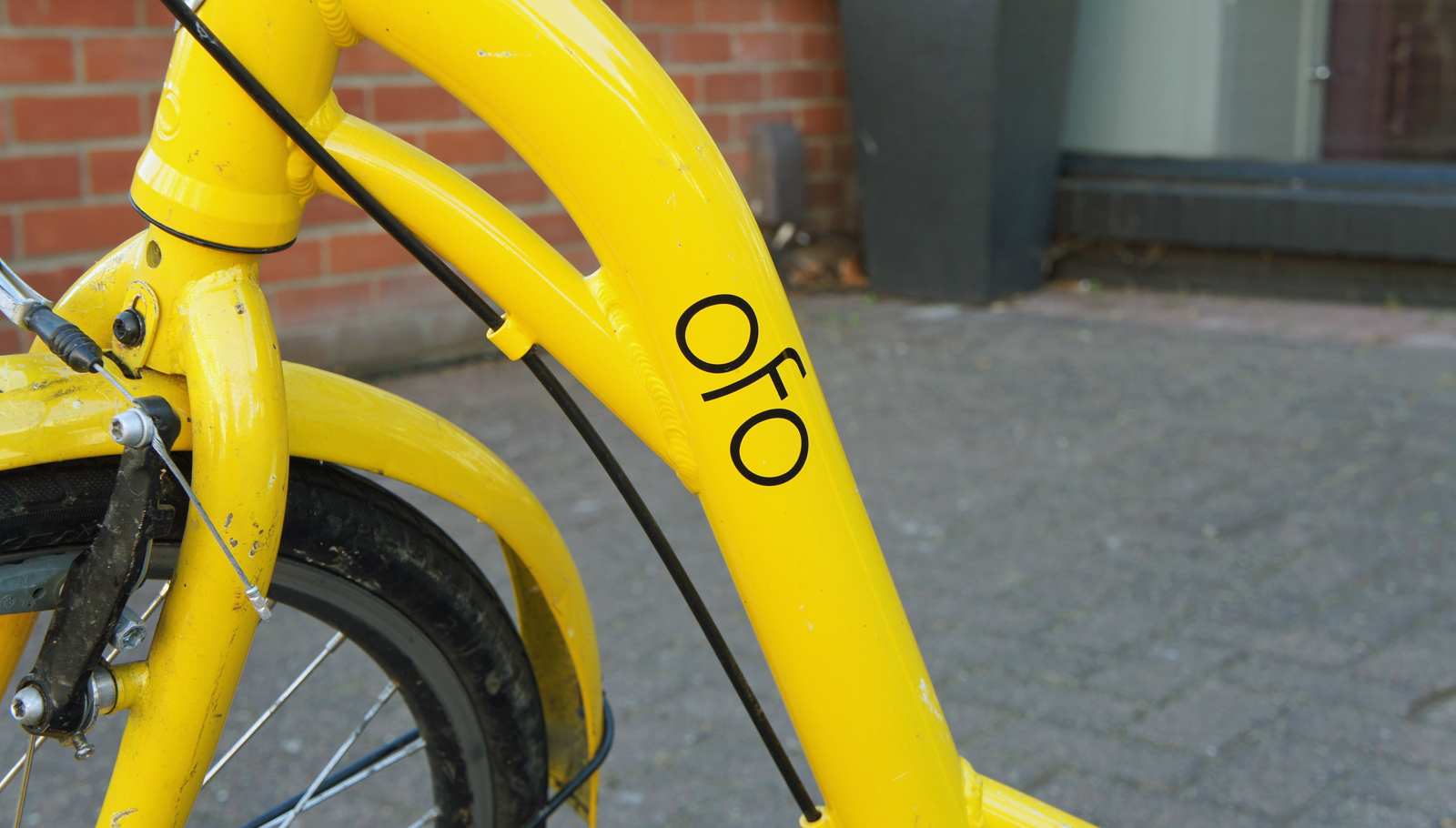 Bike rental services are spreading, going beyond early adopter epicenters like New York, London and Tokyo. And it's dockless systems that seem to be gaining both more traction and umbrage. Daniel Cooper explains why Ofo's bikesharing platform has totally replaced his own bike.
 Daniel Cooper
Senior Editor Norwich is a vibrant, bohemian city with a big cluster of tech and biotech startups all working to build something new. It is, however, underserved by some of the bigger fads in the technology world, like Uber. It was a surprise, then, when Ofo, the Chinese dockless bike sharing service, came to the Fine City. Dockless bike sharing involves seeding smart bikes across a city for people to use as and when required. If you need one, just walk up to it, scan the QR code below the back seat with your phone and it'll unlock itself. When you're done, park it somewhere safe and pull down the lock to end your trip. Each journey is billed at a flat rate of 50 pence (about 70 cents) per 30 minutes, making it ideal for short jaunts across the city. The low cost is a big perk for me, because while I do own my own bike, it has sat rusting in my shed for several years now. I don't have the time, expertise or will to maintain my own cycle for the few times I use it each month. I'm more than happy to let Ofo handle that for me, and to pay a little bit extra for the privilege in the longer term. (Even if I used it every day, it'd still take me the better part of a year before buying a new bike became cost-effective.) There's also the fact that Norwich itself welcomes bikes, and is making a push to get more cars off its roads in the city centre. That means that once you're beyond the slightly intense main road that runs past my house, it's a gentle and comfortable way to get around. The city isn't too car friendly, and cycling is apparently more of a walkout than the comparable walk. But more than that, it's the convenience of being able to leap onto a cycle as and when you need that makes the most sense. A couple of weeks ago I was racing to an emergency dentist's appointment, because I'm ashamed to admit that I conform to the stereotype about Brits having bad teeth. I thought I was going to be late, until I rounded a corner and found an Ofo parked on the sidewalk in front of me. If I have any criticism of Ofo, it's that the bikes themselves aren't the most comfortable to ride on, although if they were they'd probably be stolen more frequently. Instead, they're fat-tired commuter bikes with rickety mudguards that rattle if you go too fast or over rough terrain. You've also gotta pedal them pretty hard to go up and down hills, since they only have three gears (of which the first two are basically indistinguishable). Norwich has plenty of hills. 
Oh, and the other issue is that the relatively small allocation of Ofo bikes in Norwich means that there's a big imbalance in distribution. On the west side of the city, close to the two universities, you're likely to find an available ride in less than fifty yards. On the east side, where I am, I've sometimes struggled to find a bike, or people have taken them in their homes so they don't have to share. I once had to dig a bike out of a bush that someone had tried to hide one in, and Ofo could do worse than cracking down on these poor actors. High-minded technology types on Twitter often like to get quite rude about dockless bike sharing services, calling them a wasteful fad. Often, sharing images of junked bikes from Ofo, Mobike and others piled miles high at public waste dumps. But it doesn't necessarily have to be that way, especially in cities that need to expand their cycling infrastructure quickly. It might be that Norwich residents are grateful to have these bikes around, and that's why they're appropriately used most of the time.
"IRL" is a recurring column in which the Engadget staff run down what they're buying, using, playing and streaming.
via Engadget RSS Feed https://ift.tt/2lQ5leI |
Comments
Post a Comment